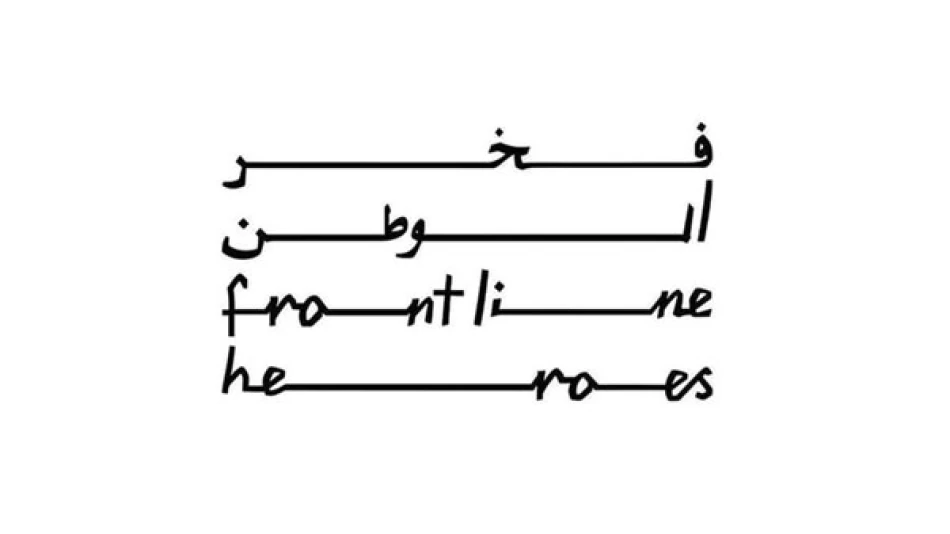
UAE's Pioneering Role in Supporting Palestinians Honored in 'Brave Knight 3' Operation
The UAE has delivered two years of humanitarian aid to Gaza through "Operation Chivalrous Knight 3," marking one of the most sustained international relief efforts since the crisis began. The operation reflects the country's growing role as a regional humanitarian leader and demonstrates how Gulf states are stepping up their aid commitments during extended conflicts.
The UAE's National Pride Office outlined the scope of assistance, which goes beyond typical emergency aid. The program includes immediate relief for displaced families, field hospitals operating inside Gaza, and medical evacuations for cancer patients and children to UAE hospitals. The country also built six water desalination plants to address Gaza's water crisis and supplied medical equipment and pharmaceuticals to support the healthcare system.
This sustained commitment matters for several reasons. Most international aid efforts struggle to maintain momentum during prolonged crises, but the UAE has kept resources flowing for 24 months straight. The medical evacuations are particularly significant - treating Palestinian patients in UAE facilities represents a major financial and logistical commitment that few countries maintain at this scale.
The operation builds on the UAE's broader humanitarian strategy established by founding leader Sheikh Zayed bin Sultan Al Nahyan. Current leadership has expanded this approach, positioning humanitarian aid as both a moral responsibility and a tool for regional influence. The UAE now ranks among the world's top aid donors per capita, and operations like this reinforce that status.
The involvement of UAE volunteers and frontline workers adds a domestic dimension to the effort. These participants help maintain public support for sustained aid operations, which becomes crucial when resources are stretched over multiple years. The program also serves as a model for how regional powers can coordinate long-term humanitarian responses rather than just emergency relief.
For international observers, the UAE's approach shows how middle powers can fill gaps in global humanitarian response. While larger powers often face political constraints, the UAE's consistent aid delivery demonstrates the impact of sustained, practical assistance during extended crises.
Most Viewed News

 Layla Al Mansoori
Layla Al Mansoori






